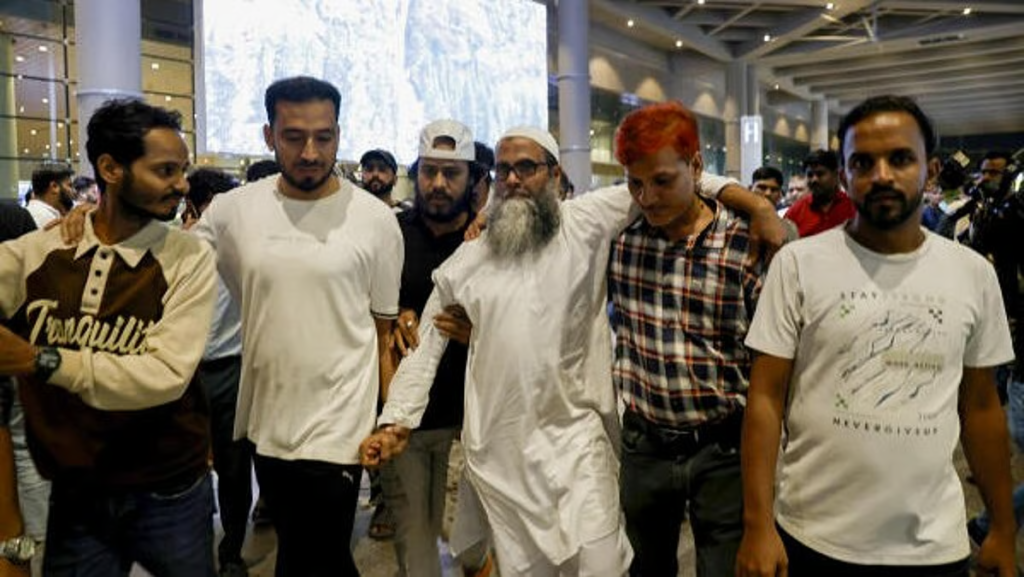
UPDATE: In a groundbreaking ruling, the Bombay High Court has acquitted all 12 Muslim men wrongfully convicted for the 2006 Mumbai train blasts after enduring nearly 19 years of imprisonment. This urgent development, confirmed on July 21, 2025, marks a significant moment in the ongoing discourse surrounding justice and human rights in India.
The original terror attacks on July 11, 2006, saw seven bombs detonate in Mumbai’s suburban trains, tragically killing 189 people and injuring over 800. The devastating blasts shook the city and its residents, leading to a hasty investigation by the Maharashtra Anti-Terrorism Squad (ATS). In the aftermath, authorities arrested these men, alleging ties to the banned Student Islamic Movement of India (SIMI) and the militant group Lashkar-e-Taiba.
In 2015, a special court convicted 12 of the accused, sentencing five to death and seven to life imprisonment, based on what has now been deemed flawed and coerced evidence. However, the recent ruling from the Bombay High Court highlighted an “utter failure” of the prosecution, citing coerced confessions, contradictory witness statements, and significant mishandling of forensic evidence. The court noted that authorities could not even confirm the type of explosives used in the attacks, underscoring the depth of the judicial errors involved.
The human cost of this egregious miscarriage of justice is staggering. Twelve men wasted their prime years in prison, with families enduring poverty, social ostracism, and trauma from the wrongful convictions. Many missed crucial life events, including marriages and the births of their children. Tragically, one of the accused, Kamal Ansari, died in prison in 2021, never having the chance to reclaim his freedom.
Upon the acquittal, eight men were released immediately from prisons in Nagpur and Amravati, while two remain detained due to other pending cases. Among those freed, Dr. Tanvir Ansari, a physician who spent nearly 19 years behind bars, expressed profound sorrow, stating that the ATS had irrevocably altered the course of his life. “I was meant to save lives, not take them,” he lamented.
This case has sparked widespread outrage and criticism of India’s judicial and investigative systems, with legal experts and activists calling for immediate reforms. They emphasize the need to address issues such as custodial torture, delayed confessions, poor evidence handling, and the alarming lack of eyewitness testimony.
The acquittal of these men stands as a stark reminder of the potential for grave judicial errors in India and raises pressing questions about the rights of the accused. As the nation grapples with the implications of this case, it remains a pivotal moment in the quest for justice and accountability.
Moving forward, the focus will be on the systemic changes necessary to prevent such grave errors in the future. The case has ignited discussions on how to better protect the rights of all individuals within the judicial system, ensuring that the human cost of flawed prosecutions is never duplicated.
Readers are encouraged to share this article as the ramifications of this ruling unfold, highlighting the urgent need for justice reform in India.





